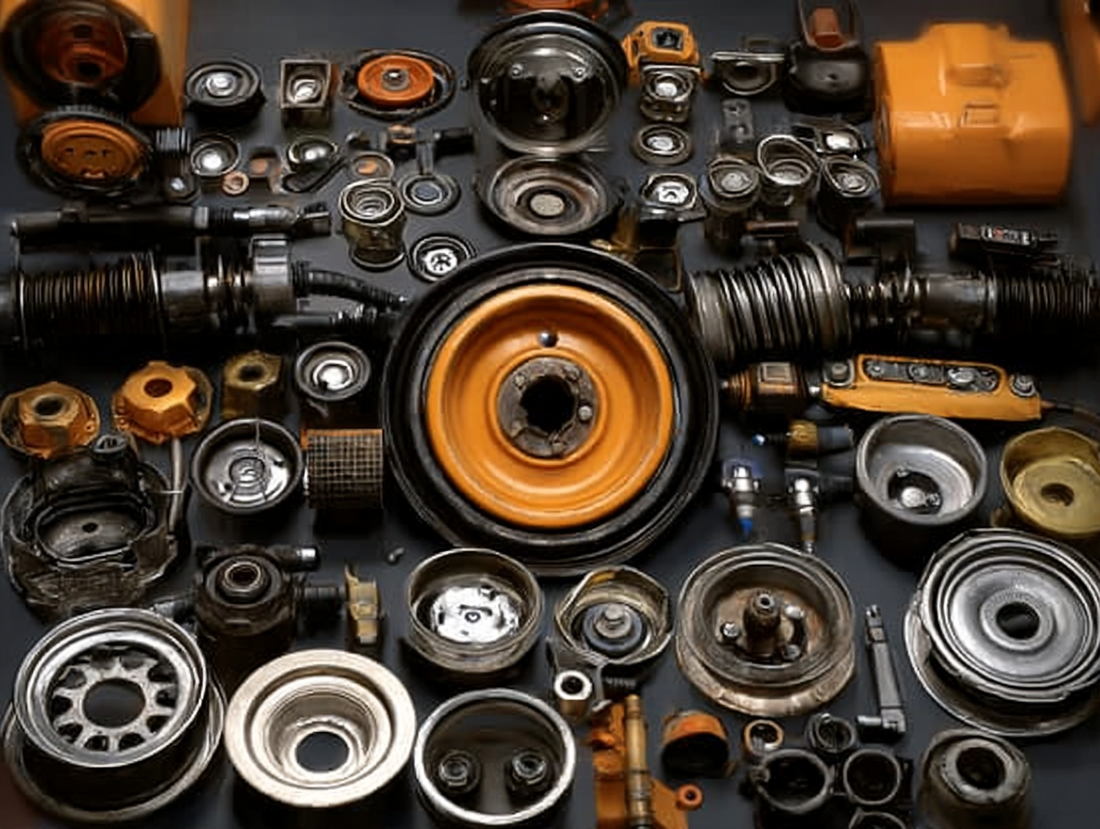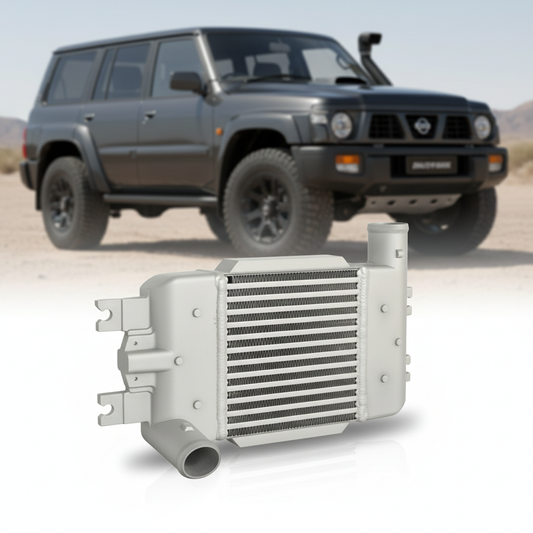Cars are made up of countless parts, many of which quietly work behind the scenes to keep your vehicle running smoothly. Among these, there’s a small but mighty component that often flies under the radar — the eccentric bolt. Don’t be fooled by its size; this little hero plays a crucial role in your car’s handling and tyre life. Let’s unpack what makes this “angle wizard” so essential.
What Exactly Is an Eccentric Bolt?
An eccentric bolt is a special type of fastener where the centre of rotation doesn’t align with the bolt’s shaft axis. In simple terms, the bolt head is offset from the bolt shaft. This design allows the bolt to produce precise, controlled adjustments when rotated — perfect for fine-tuning critical suspension components.
How Does It Work? Understanding the Mechanics
-
Angle Adjustment Through Rotation
Because the bolt’s rotation axis is offset, turning an eccentric bolt causes connected parts to shift position slightly. In suspension systems, this means it can adjust the wheel’s camber angle — both positive (tilted outward) and negative (tilted inward) — to ensure the tyre meets the road at the optimal angle. -
Key Components
-
Eccentric Cam: The offset section that creates the angle adjustment
-
Mounting Shaft: Secures the bolt to suspension arms or chassis parts
-
Adjustment Seat: The housing that supports the bolt and allows it to move during adjustment
-
Lock Nut: Keeps the bolt firmly in position after adjustment, preventing unwanted movement
-
-
Typical Locations
You’ll usually find eccentric bolts in the control arms of MacPherson strut or double wishbone (MacPherson and MacPherson-derived) suspension systems. They’re also used in engine mounts and critical chassis connection points where small adjustments improve alignment and stability.
Why Are Eccentric Bolts So Important?
-
Combat Uneven Tyre Wear
Ever noticed your tyres wearing unevenly on one side? Eccentric bolts let technicians adjust wheel camber to distribute the load evenly across the tyre surface, extending tyre life and improving grip. -
Enhance Handling and Comfort
Proper camber adjustment helps your vehicle corner more predictably and reduces understeer or oversteer tendencies, making your drive safer and more enjoyable. -
Correct Frame or Chassis Misalignment
If your chassis has been damaged or bent, eccentric bolts can help compensate for minor alignment issues, restoring the proper geometry for stable driving. -
Increase Strength and Stability
In addition to suspension, eccentric bolts reinforce connections in high-stress areas like engine mounts and chassis joints, improving overall vehicle durability.
Common Issues: What to Watch For and How to Fix Them
| Symptoms | How to Spot (Visual or Feel) | Possible Cause | Recommended Action |
|---|---|---|---|
| Uneven tyre wear (one side worn) | Noticeable wear on one edge of the tyre only | Incorrect camber adjustment due to loose or misaligned eccentric bolt | Get a professional wheel alignment and have eccentric bolts adjusted |
| Vehicle pulling to one side | Steering wheel drifts or requires constant correction | Suspension geometry off; eccentric bolt loose or damaged | Inspect and tighten or replace eccentric bolts |
| Poor cornering behaviour | Vehicle understeers (pushes) or oversteers (tail swings) during turns | Incorrect camber settings from improper eccentric bolt adjustment | Professional suspension tuning and adjustment |
| Clunking or knocking noises under the car | Metallic sounds from suspension or chassis area during driving | Worn or loose eccentric bolts or control arm bushings | Replace worn parts and securely tighten bolts |
| Failed or inconsistent wheel alignment | Alignment readings outside manufacturer specs after adjustment | Damaged or improperly installed eccentric bolts | Replace eccentric bolts and ensure correct installation |
Choosing the Right Eccentric Bolt: What to Keep in Mind
-
Material and Finish
Look for bolts made from high-strength alloy steel with corrosion-resistant coatings — this ensures long-lasting performance under harsh conditions. -
Correct Size and Specification
Always select bolts that match your vehicle’s suspension design and manufacturer specs. Avoid generic or “universal” bolts that may not fit properly. -
Brand Reputation and Certification
Opt for trusted brands or parts certified to meet OEM standards to guarantee safety and reliability. -
Professional Installation Required
Adjusting eccentric bolts is a precision job — it requires specialist tools and expertise. Never attempt to adjust them without professional help.
Maintenance Tips for Eccentric Bolts
-
Regular Inspection
Check eccentric bolts during routine suspension servicing, especially when changing tyres or after off-road driving. -
Address Issues Early
If you notice uneven tyre wear or handling problems, have your suspension checked promptly to avoid further damage. -
Replace When Necessary
If bolts are corroded, bent or no longer hold adjustments, replace them immediately to maintain vehicle safety and performance.
Final Thoughts
Though small and often overlooked, eccentric bolts are the unsung “angle wizards” that keep your wheels perfectly aligned and your vehicle driving safely. Proper adjustment of these components not only extends tyre life but also enhances driving comfort and stability. Next time your car shows signs of uneven tyre wear or strange handling, don’t rush to replace tyres first — ask your mechanic if the eccentric bolts need some fine-tuning.
Have you had any experiences with eccentric bolts affecting your vehicle’s performance? Share your story in the comments below!
The Overlooked “Angle Wizard” — A Deep Dive Into Eccentric Bolts
✅ Accurate Camber Adjustment 🎯
Keeps tyres wearing evenly and extends tyre life
✅ Better Handling & Stability 🚗💨
Enhances steering precision and cornering performance
✅ Corrects Minor Frame Misalignment 🔧
Restores suspension geometry after impacts for safer driving
🔥 Find all Relay products at kakaautoparts.com.au — your expert choice for quality parts
#EccentricBolts #CamberAdjustment #CarSuspension #TyreCare




